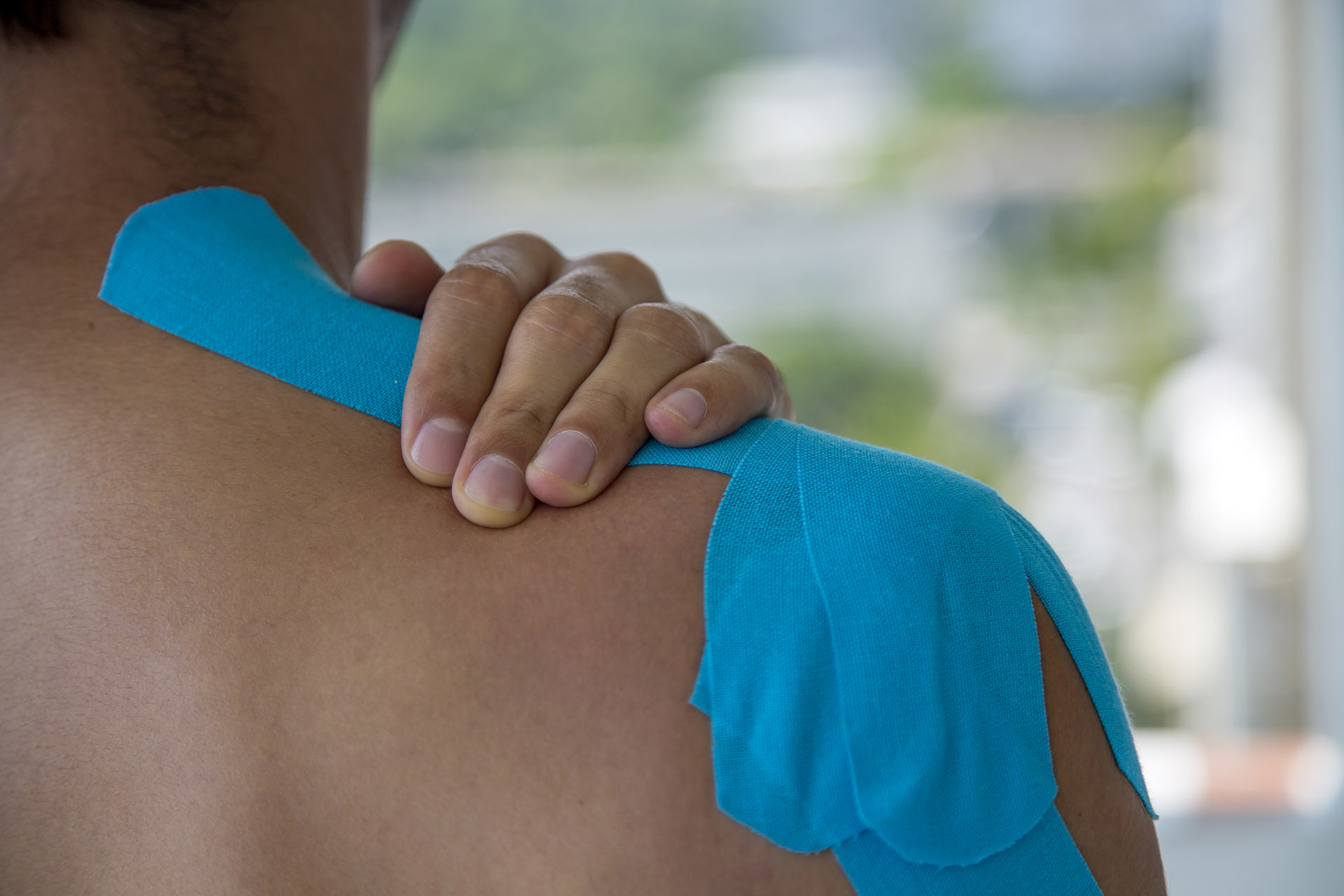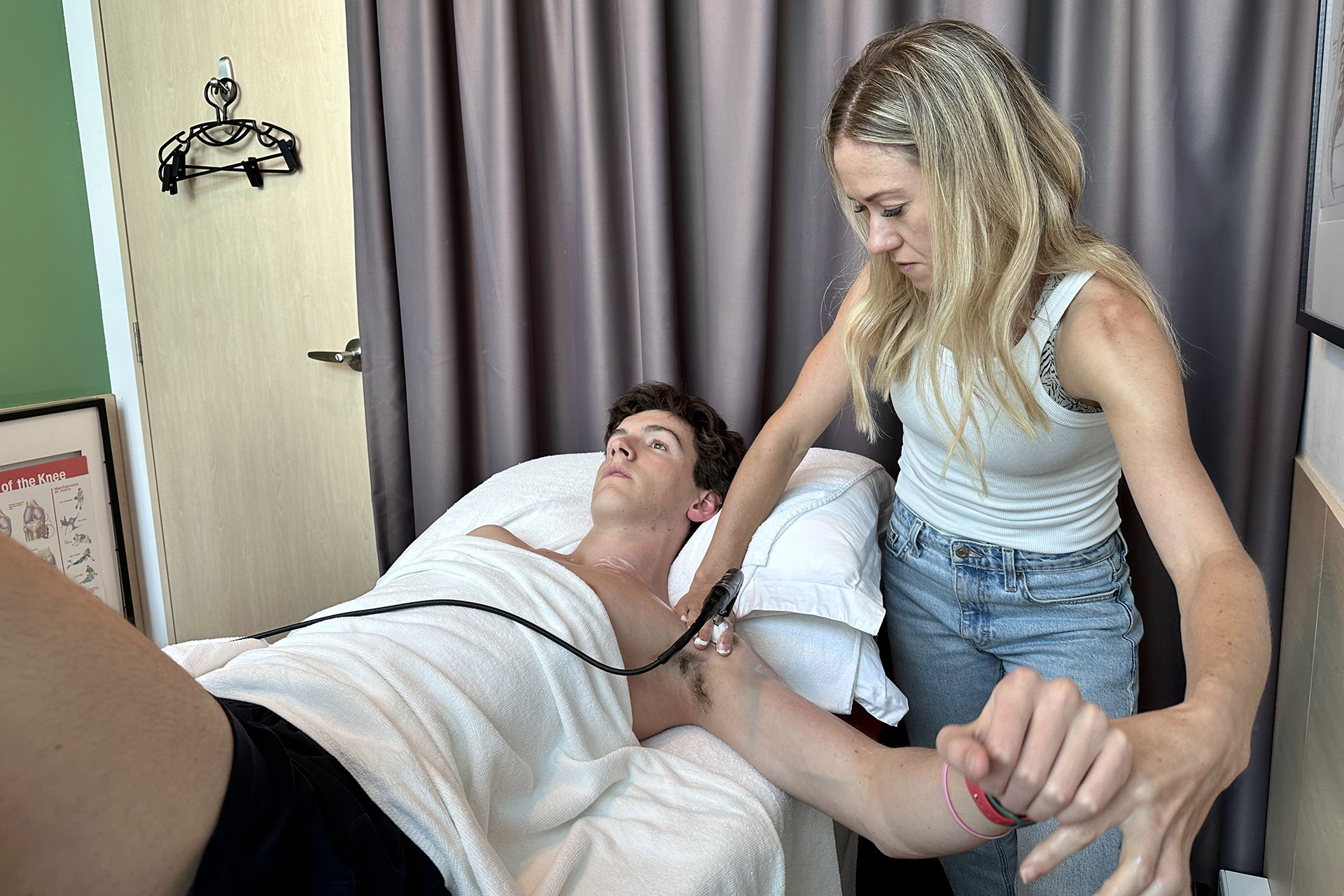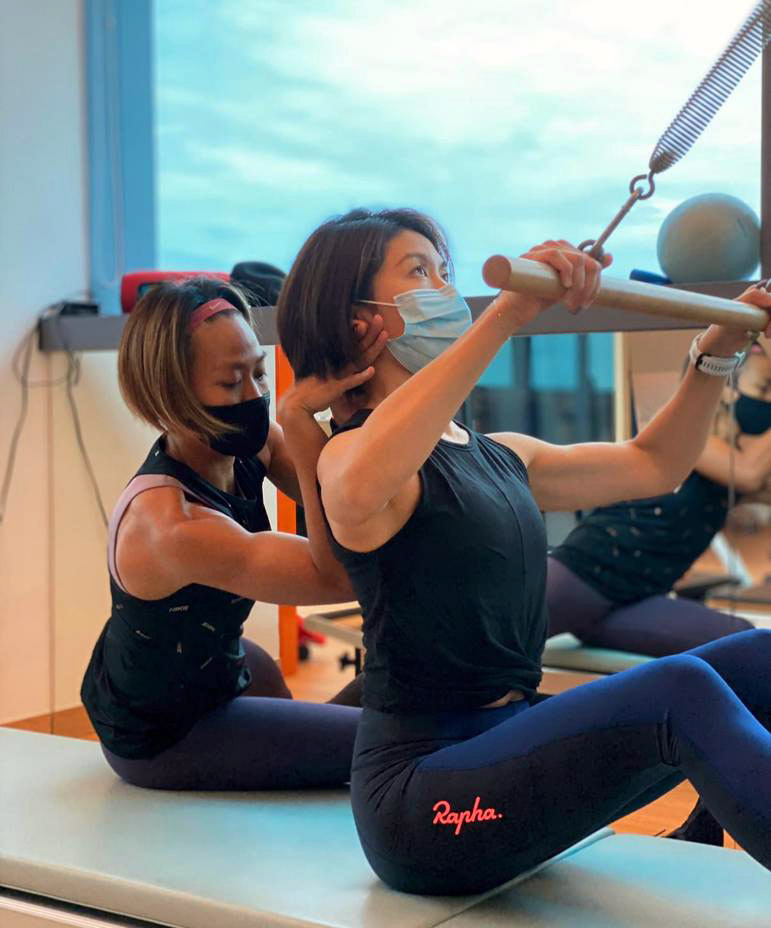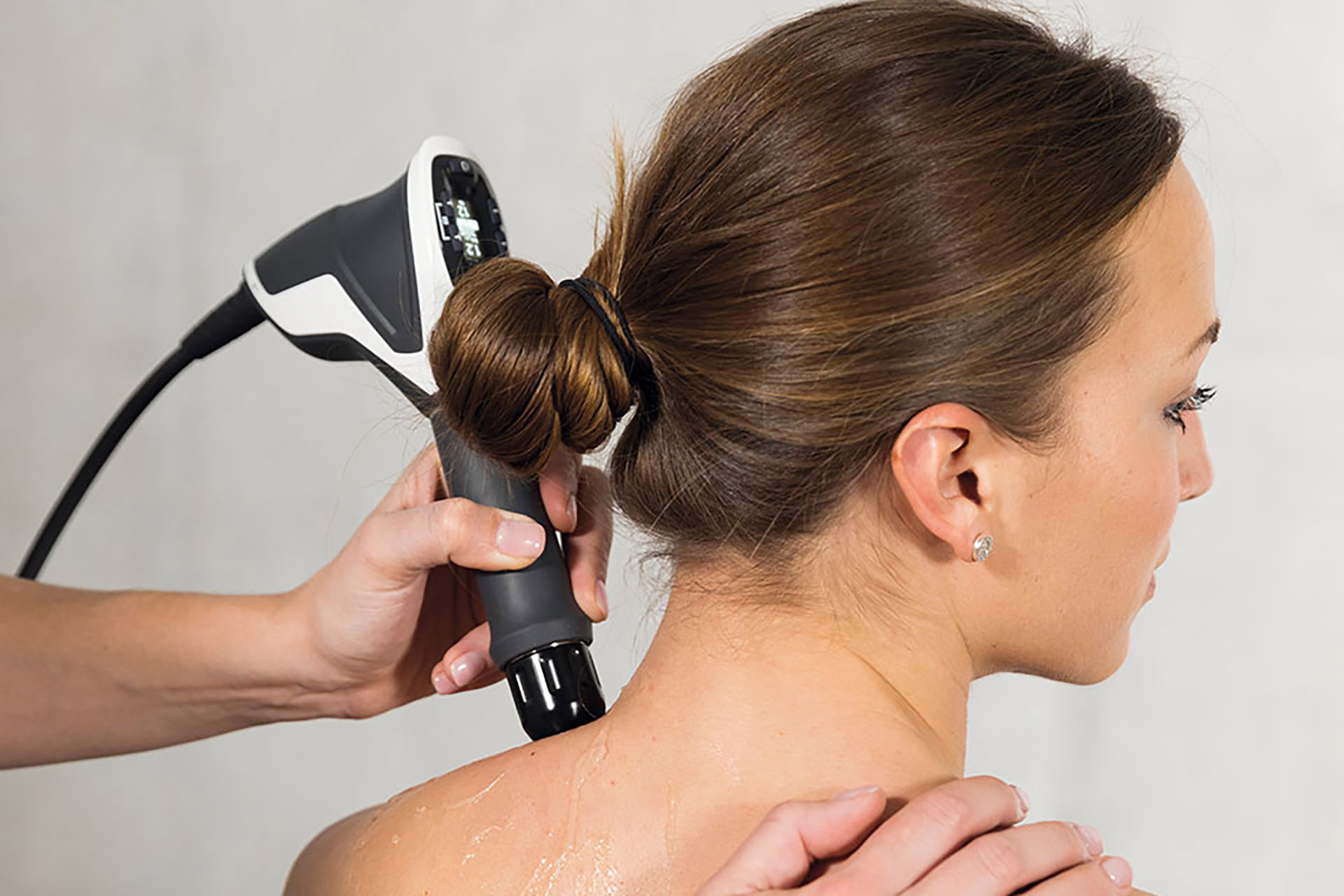Frozen shoulder, medically known as ‘adhesive capsulitis’, is a perplexing condition that continues to challenge patients and healthcare professionals. This debilitating ailment, characterized by pain and severe limitation of shoulder movement, affects approximately 2-5% of the general population, with a higher incidence in women and individuals between 40 and 60 years of age.
Despite its prevalence, the mechanisms underlying frozen shoulder remain elusive, making it a subject of ongoing research and clinical interest.

What is Frozen Shoulder?
At its core, frozen shoulder involves the inflammation and thickening of the shoulder capsule, the connective tissue surrounding the shoulder joint. As this capsule becomes inflamed, it contracts and forms adhesions, leading to the characteristic stiffness and pain associated with the condition. The result is a shoulder that feels “frozen” in place, severely restricting movement and impacting daily activities.
Frozen Shoulder Causes
While the exact cause of frozen shoulder remains unclear, several risk factors have been identified. These include:
- Prolonged immobilization of the shoulder, often following injury or surgery
- Diabetes, which can affect collagen formation in the shoulder capsule
- Thyroid disorders, particularly hypothyroidism
- Cardiovascular disease
- Parkinson’s disease
Interestingly, frozen shoulder can also develop without apparent cause, a phenomenon known as ‘idiopathic adhesive capsulitis’. This unpredictability adds to the challenge of preventing and treating the condition.
Recognizing Frozen Shoulder Symptoms
Frozen shoulder typically progresses through three distinct stages, each with its own set of symptoms.
The initial ‘freezing’ stage is marked by the gradual onset of pain, particularly when moving the shoulder. Pain often worsens at night, disrupting sleep. As the pain intensifies, range of motion begins to decrease. This stage can last anywhere from 6 weeks to 9 months.
During the ‘frozen’ stage, pain may diminish, but stiffness increases significantly. The shoulder becomes extremely difficult to move, severely impacting daily activities such as dressing, bathing, and reaching overhead. This stage typically lasts 4 to 6 months.
The final ‘thawing’ stage is characterized by the gradual improvement in the range of motion. Pain continues to decrease, and shoulder function slowly returns. This phase can last anywhere from 6 months to 2 years.
Understanding these stages is crucial for patients and healthcare providers, as it helps set realistic expectations and guides treatment decisions.
Explore Shoulder Conditions
Innovative Frozen Shoulder Treatment Options
At HelloPhysio, we believe in combining traditional physiotherapy techniques with groundbreaking technologies to provide comprehensive frozen shoulder treatment. Our approach is tailored to each patient’s specific needs and the stage of their condition.

INDIBA® Activ: Harnessing the Power of Radiofrequency
INDIBA® Activ represents a breakthrough in frozen shoulder treatment. This innovative therapy utilizes radiofrequency energy to stimulate cellular activity and promote healing at a deep tissue level. The physiological mechanisms behind INDIBA® Activ are fascinating:
- Increased Blood Flow: The controlled application of radiofrequency energy causes vasodilation, improving blood circulation to the affected area. This enhanced blood flow brings vital nutrients and oxygen to damaged tissues, accelerating healing.
- Cellular Biostimulation: INDIBA® Activ works at a cellular level, promoting the production of ATP (adenosine triphosphate), cells’ energy currency. This increased cellular energy enhances the body’s natural healing processes.
- Reduction of Inflammation: The therapy helps to reduce inflammation in the shoulder capsule, alleviating pain and improving mobility.
- Tissue Elasticity: INDIBA® Activ can help improve the elasticity of the shoulder capsule, gradually increasing range of motion.
Shockwave Therapy: Breaking Down Adhesions
Shockwave Therapy has emerged as a powerful tool in treating frozen shoulder. This non-invasive technique uses high-energy acoustic waves to target the affected tissues. Here’s how it works:
- Mechanical Stimulation: The shockwaves create microtrauma in the tissue, stimulating the body’s natural healing response.
- Neovascularization: The therapy promotes the formation of new blood vessels, improving blood supply to the affected area.
- Release of Growth Factors: Shockwave Therapy triggers the release of growth factors, which play a crucial role in tissue repair and regeneration.
- Pain Modulation: The treatment can help reduce pain by affecting pain receptor sensitivity and promoting the release of endorphins.
Manual Therapy: The Power of Skilled Hands
While technology plays a significant role in modern physiotherapy, the importance of manual therapy cannot be overstated. Our skilled physiotherapists use a variety of hands-on techniques to address frozen shoulder:
- Joint Mobilization: Gentle, graded movements help improve joint mobility and reduce pain.
- Soft Tissue Mobilization: Techniques such as myofascial release target the connective tissues, helping to break down adhesions and improve flexibility.
- Proprioceptive Neuromuscular Facilitation: This advanced stretching technique helps improve range of motion and muscle activation patterns.
Clinical Pilates: Building Strength and Stability
As patients progress through the stages of frozen shoulder, incorporating Clinical Pilates can be highly beneficial. This specialized exercise focuses on core strength, posture, and controlled movement. For frozen shoulder patients,

Clinical Pilates offers several advantages:
- Improved Scapular Stability: Exercises target the muscles that support the shoulder blade, promoting better shoulder mechanics.
- Enhanced Body Awareness: Pilates emphasizes proper alignment and controlled movement, helping patients better understand their shoulder position and movement patterns.
- Gentle Progression: The controlled nature of Pilates exercises allows for a gradual increase in shoulder mobility and strength.
How to Heal Frozen Shoulder: A Multifaceted Approach
Healing from frozen shoulder requires patience, dedication, and a comprehensive treatment plan.
At HelloPhysio, we advocate for a multifaceted approach that may include customized exercise programs tailored to improve range of motion and strength, progressing as the condition improves. We also employ pain management techniques, including modalities such as INDIBA® Activ and Shockwave Therapy, to alleviate pain and promote healing. Manual therapy, involving skilled hands-on techniques to address joint and soft tissue restrictions, is another crucial component of our treatment strategy.
We believe in educating our patients and empowering them with knowledge about their condition and self-management strategies. Additionally, we guide lifestyle modifications to support the healing process and adapt daily activities accordingly.
Recovery After Frozen Shoulder Surgery
While many cases of frozen shoulder can be managed conservatively, some patients may require surgical intervention. Recovery after frozen shoulder surgery is a critical period that demands specialized care. Our post-surgical rehabilitation program focuses on early mobilization, incorporating a gentle range of motion exercises to prevent the formation of new adhesions.
We implement a graduated strengthening program to restore shoulder strength and stability, along with functional retraining exercises that mimic daily activities and sports-specific movements. Pain management remains a priority, and we utilize modalities like INDIBA® Activ to manage post-surgical pain and promote healing.
Lastly, we emphasize long-term management strategies to prevent recurrence and maintain optimal shoulder function, ensuring our patients can confidently return to their daily activities and improve mobility.
The Quest for a Frozen Shoulder Cure
While “cure” is often used, it’s important to understand that frozen shoulder is typically a self-limiting condition. Treatment aims to manage symptoms effectively, restore function, and potentially shorten the duration of the condition. With the right combination of treatments and dedication to rehabilitation, most patients can expect significant improvement and a return to normal activities.
At HelloPhysio, we’re committed to staying at the forefront of frozen shoulder treatment. Our experienced physiotherapists combine clinical expertise with cutting-edge technologies to provide personalized, evidence-based care. If you’re struggling with frozen shoulder or have concerns about your shoulder health, we encourage you to seek professional evaluation. Early intervention can make a significant difference in your recovery journey.
Remember, while frozen shoulder can be challenging, with the right approach and expert guidance, you can overcome its limitations and return to the activities you love. Contact HelloPhysio today to take the first step towards reclaiming your shoulder health and function.

